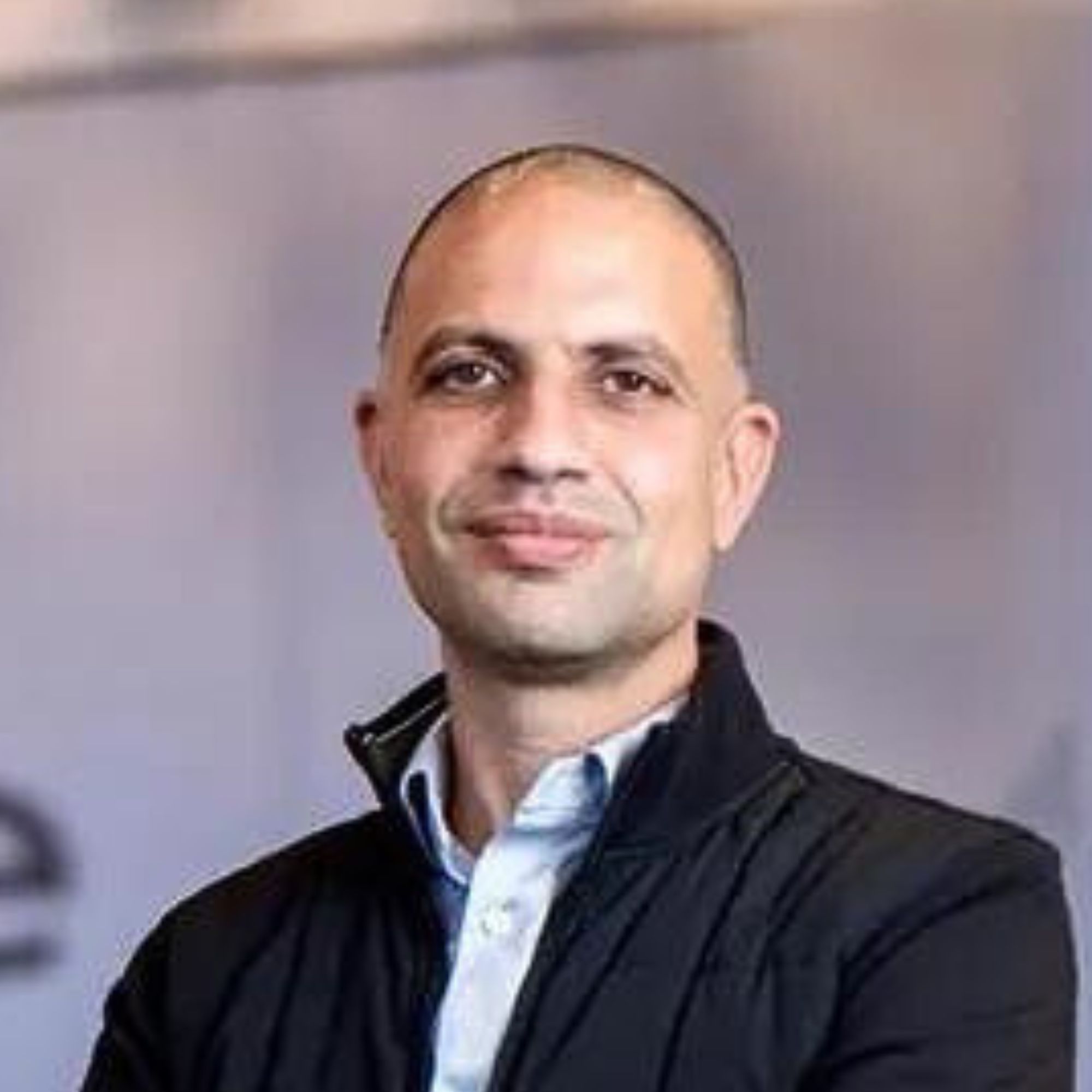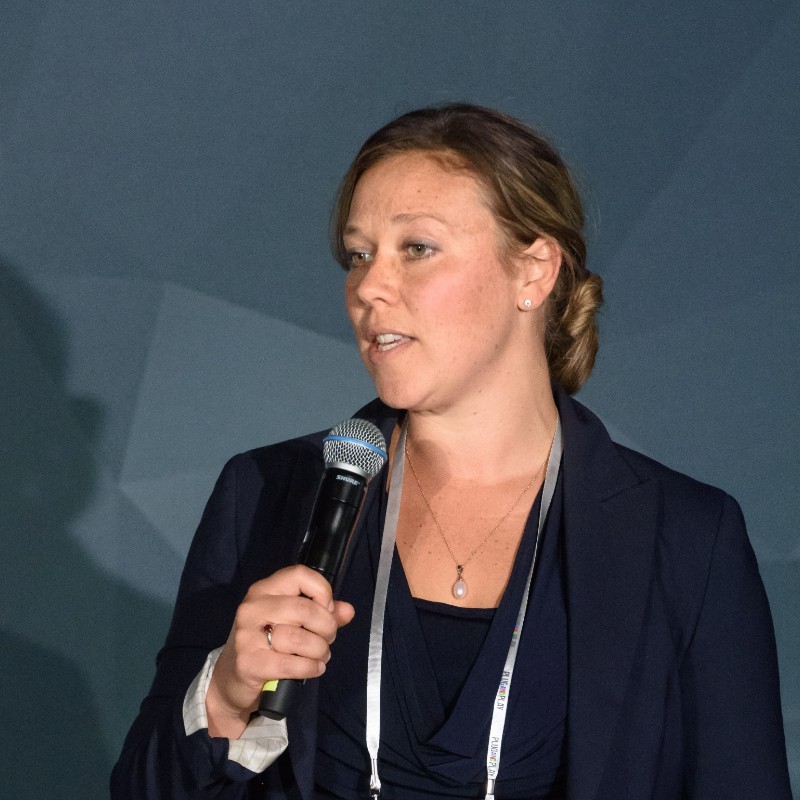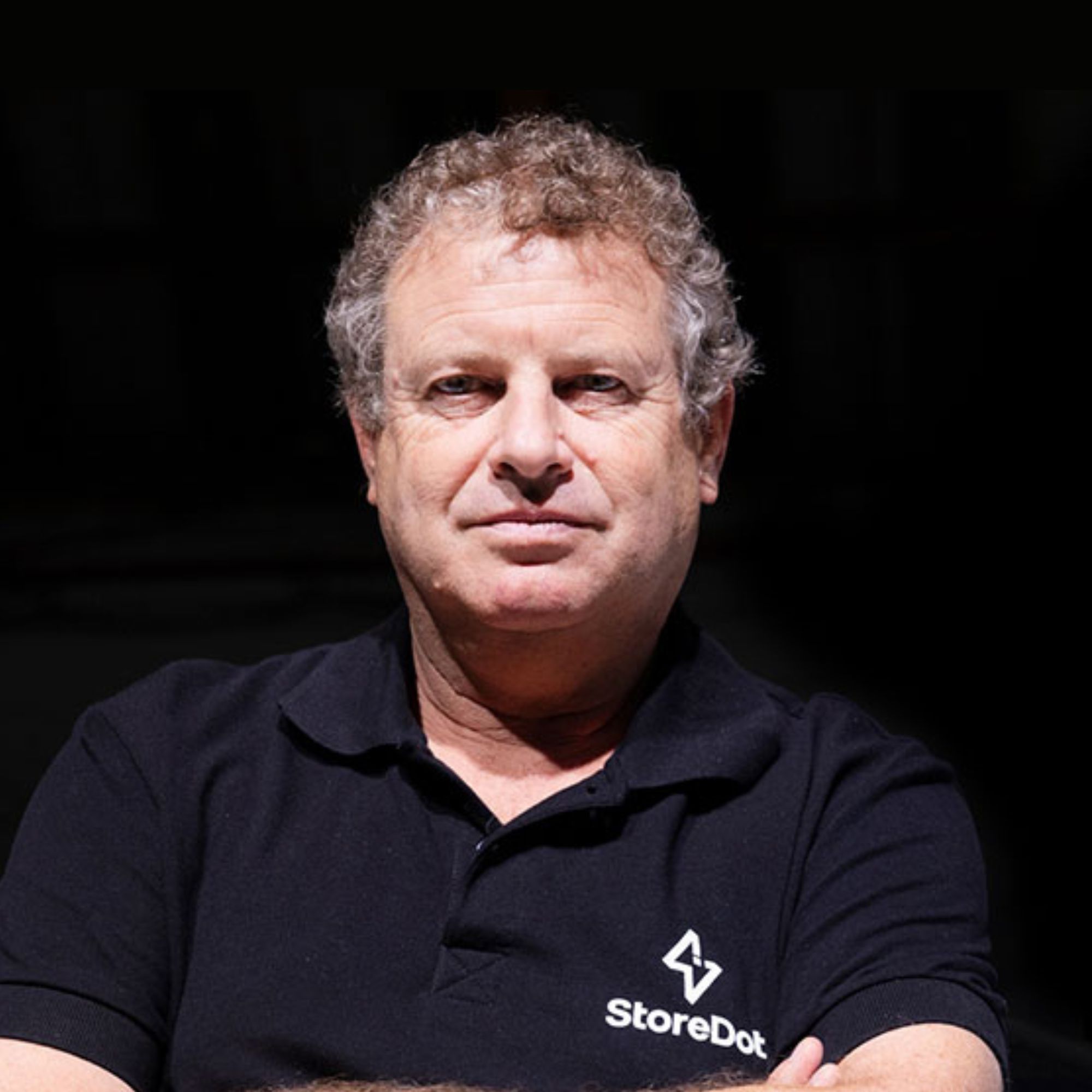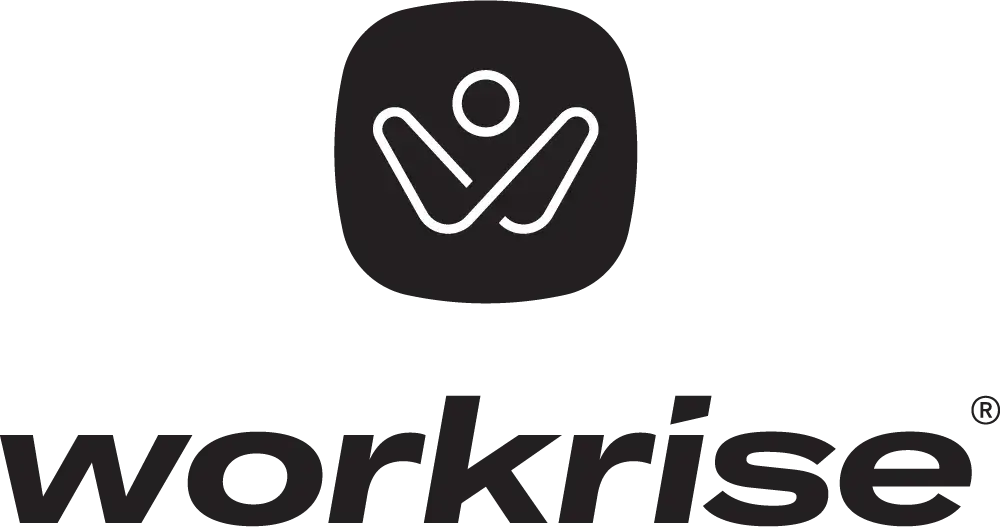Ready to launch your own podcast? Book a strategy call.
Frontlines.io | Where B2B Founders Talk GTM.
Strategic Communications Advisory For Visionary Founders
Conversation
Highlights
Modo Energy: Pioneering the Future of Energy Asset Benchmarking
In the rapidly evolving landscape of renewable energy, one company stands out for its innovative approach to energy asset benchmarking and its unique go-to-market strategy. Modo Energy, led by CEO Quentin Scrimshire, has navigated the challenges of the energy sector to become a leading player in the industry. This article explores Modo Energy’s journey, from its inception to its vision for the future, highlighting the pivotal moments and strategies that have shaped its success.
The Genesis of Modo Energy
Modo Energy’s story begins with a vision to capitalize on the massive opportunity in the energy transition market. As Scrimshire explains, “The world is building $150 trillion of new energy assets. Big wind farms, big solar farms, big grid scale batteries.” Initially, the company aimed to develop software for trading power through these assets. However, they quickly realized that this approach wasn’t viable for a small startup team.
Facing dwindling resources and mounting challenges, Modo Energy made a crucial decision that would redefine their future. In a pub in Birmingham, UK, the team decided to pivot their entire business model. Instead of trading power, they would become a benchmarking company, providing crucial insights into the performance and value of energy assets across the renewable spectrum.
This pivot was a game-changer for Modo Energy. By focusing on benchmarking and data analysis, they addressed a critical gap in the market, providing invaluable information for insurers, asset owners, banks, and lenders involved in the burgeoning renewable energy sector.
Understanding Modo Energy’s Core Offering
At its core, Modo Energy is an energy asset benchmarking platform. Their service helps stakeholders in the renewable energy sector understand the performance and value of various energy assets. As Scrimshire describes, “You need to figure out how well they’re doing, what value they should be valued at, forecast their revenues into the future. You need to do a discounted cash flow model for the current valuation.”
Modo Energy’s platform provides crucial data on financial performance, helping clients make informed decisions about energy assets. This is particularly important for assets like grid-scale batteries, where trading decisions can mean the difference between significant profits and substantial losses.
Innovative Marketing Approach
One of the key factors in Modo Energy’s success has been its innovative approach to marketing. Recognizing the limitations of traditional advertising, the company has embraced a content-driven strategy that focuses on providing value to its audience.
Inspired by successful B2B content creators like Patrick Campbell of ProfitWell, Modo Energy has invested heavily in creating high-quality, educational content. This approach allows them to build deeper connections with their audience and establish themselves as thought leaders in the energy sector.
Modo Energy’s marketing strategy is built on two main pillars: media and community. The company allocates 80% of its marketing budget to media production and 20% to community building. This includes:
- Video Content: Recognizing video as the highest fidelity form of communication, Modo Energy has invested in creating professional-quality video content.
- Podcasts: Audio content serves as a secondary focus, allowing for in-depth discussions on industry topics.
- Zero-Click Marketing: The company focuses on providing value without requiring immediate action from the audience, building trust and recognition over time.
- Community Events: Regular gatherings and parties help foster connections within the industry.
This approach to “zero-click marketing” aims to build an audience through multiple touchpoints, allowing potential customers to engage with the brand on their own terms before making a decision to explore Modo Energy’s services.
Transitioning from SMB to Enterprise
As Modo Energy grew, they faced the challenge of transitioning from serving primarily small and medium-sized businesses (SMBs) to targeting enterprise clients. This shift required significant changes in their branding, product offering, and sales approach.
Initially, Modo Energy embraced a playful, startup-like brand identity, complete with cartoon avatars and a mascot named “Co the Magic Dragon.” While this approach resonated with SMBs and reflected the company’s innovative spirit, it wasn’t suitable for engaging with large, established enterprises in the energy sector.
To appeal to enterprise clients, Modo Energy underwent a comprehensive rebranding. They invested heavily in infrastructure, data security, and product development to create a more robust, enterprise-ready offering. The company’s visual identity and messaging were updated to reflect a more professional, reliable image that would resonate with credit committees and decision-makers at major financial institutions and energy companies.
This transition also necessitated changes in their go-to-market strategy. Modo Energy adopted a freemium model with sales assistance and implemented account-based marketing (ABM) techniques to better target and engage enterprise prospects. The shift from a bottom-up, inbound marketing approach to a more top-down, enterprise sales model presented new challenges and learning opportunities for the team.
Vision for the Future
Looking ahead, Modo Energy has ambitious plans to become a central player in the energy transition landscape. Scrimshire envisions Modo Energy evolving into a system of record for the energy sector, similar to how Salesforce serves as a system of record for customer data or Rippling for employee data.
As the number of energy transition assets and related software solutions continues to grow, Modo Energy aims to become the singular, central data service that integrates with all these systems. This vision positions the company to potentially become a multi-billion dollar business, playing a crucial role in managing and optimizing the vast network of renewable energy assets being developed worldwide.
Conclusion
Modo Energy’s journey from a small startup to a key player in the energy asset benchmarking sector is a testament to the power of adaptability, innovative marketing, and a clear vision for the future. By pivoting their business model, embracing content-driven marketing, and strategically targeting enterprise clients, Modo Energy has positioned itself at the forefront of the renewable energy revolution.
As the world continues its transition to sustainable energy sources, the need for accurate, comprehensive benchmarking and valuation of energy assets will only grow. With their innovative platform, strategic marketing approach, and ambitious vision for the future, Modo Energy is well-positioned to play a crucial role in shaping the sustainable energy landscape of tomorrow.
Actionable
Takeaways
Embrace Major Pivots:
Quentin's experience highlights the importance of flexibility in startup strategy. When their initial product failed to gain traction, Modo Energy pivoted from trading power to benchmarking asset performance. This willingness to drastically change direction based on market feedback can be crucial for startups facing similar challenges.
Choose Strategic Locations Based on Market Needs:
Quentin’s decision to move Modo Energy to Austin, Texas, was driven by the area's growing technology scene and the new opportunities in renewable energy. Startups should consider how geographical location could impact access to talent, investment, and market opportunities, especially when tied to legislative changes like the Inflation Reduction Act.
Utilize Personality and Background as an Asset:
Quentin leveraged his British identity to gain a favorable reception in the U.S., demonstrating how personal traits can be turned into business advantages in new markets. Founders might find that aspects of their personal identity can help in building relationships and standing out in crowded markets.
Invest in Building a Media Presence:
Quentin’s investment in a media business, focusing on high-quality video content, helps in building a strong brand presence and engaging customers on a deeper level. Startups should consider how a robust content strategy, especially one that uses engaging formats like video, can enhance visibility and market reach.
Create and Foster a Vibrant Community:
Modo Energy’s focus on community through events and interactions not only strengthens customer relationships but also builds a loyal user base that can provide valuable feedback and drive organic growth. Startups should look at ways to foster community both online and offline as part of a comprehensive marketing strategy.












